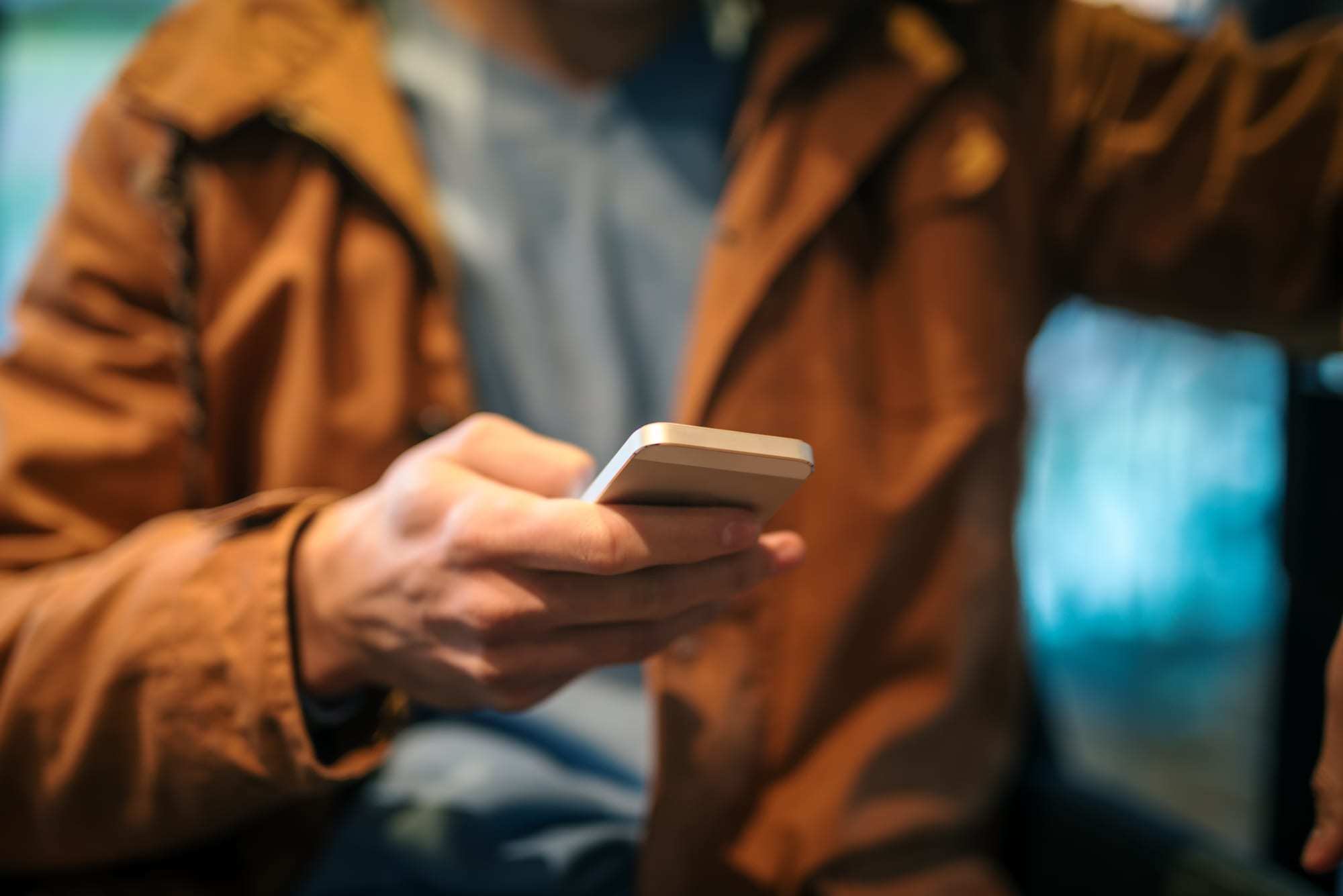Many Americans use social media to communicate with friends and family, meet new people, and share their lives. People often reveal a lot of information about themselves online, and unfortunately, the impact of social media on a personal injury claim can be very negative. Things you say online may be taken out of context or used against you in your claim. So while you have a personal injury claim pending, we encourage you to keep the following tips in mind regarding your social media presence.
Why Social Media Is Admissible
In Missouri, trials must follow the Missouri Rules of Evidence. Under these rules, statements that people make outside of court are typically considered to be hearsay and are inadmissible. However, there are exceptions to this rule, including when a party makes a statement.
When you file a personal injury claim, the statements that you have made outside of court can be used against you because you are a party to the case. The statements that your family and friends make on social media are likewise admissible to the extent that they contradict any testimony that they give on your behalf in court.
The Impact of Social Media on a Personal Injury Claim
Though it may seem fun and harmless, posting on social media can hurt your personal injury claim, especially if you make seemingly innocent statements that can later be misconstrued or twisted to benefit the defense/insurance company. If you inadvertently say something online that contradicts your case, your actions may make it harder for you to recover compensation for your losses. Whether you post a status update, publish a picture, or upload a video, the statements you make online may call the facts of what occurred into doubt. Knowing this, many defense attorneys pore through social media to try to find statements that they can use against injured plaintiffs.
There are two main ways that social media can harm your personal injury claim. First, they may contradict your testimony. Second, they may show (or seemingly show) that your injuries are not as extensive as you claim. Examples include photos of family vacations, e.g. a photograph may show the injured plaintiff simply standing in front of the camera, but the fact that the photo was taken at an amusement park or vacation spot allows the defense to imply to the jury that the injury victim was well enough to do all of the activies one might do at those locations or destinations.
Social Media Updates May Contradict Your Testimony
When you post on social media about your personal injury case, you might say something that goes against what you’re claiming in your case. For example, if you claim that you sprained your ankle but post that you’re running a 5k race, a defense lawyer will challenge that you were injured. Or if you claim that you were injured at a grocery store at 5:00pm but you checked in to your yoga class on Facebook at that time, this contradiction may be used against you.
It is always important for you to be honest about your losses and injuries as well as the details of your claim. Contradictory posts on social media can destroy your chances of recovering compensation.
Social Media Updates May Show Your Injuries Aren’t as Extensive as You Claim
Defense lawyers may also use your social media check-ins to dispute the severity of your injuries. If you’re participating in any activities and posting about them online, the text, images, or videos may be used as evidence that your injuries are not as extensive as you claim. For example, if you claim that you broke your leg and then post pictures from a family vacation in which you’re water skiing, the defense may use the photos to show your physical capabilities and dispute your injuries.
Again, it is important to be truthful about your claim and avoid posting on social media while your case is pending.
How to Handle Your Online Presence to Avoid the Impact of Social Media on a Personal Injury Claim
Social media is a landmine when it comes to personal injury claims, so be careful with what you post on your own profile, what you comment on your friends’ profiles, where you check in, and more. Follow these tips to protect your case:
- Never discuss your case or your injuries online.
- While your claim is pending, limit your use of social media. Avoid it entirely if possible.
- Think carefully before posting pictures, videos, or check-ins that involve certain activities or locations.
- Switching your profile from “public” to “friends only” may not protect you, as the defense may know some of your friends and ask them for information. The defense can also file a demand for the production of documents, including copies of your social media pages, even if your account is private.
Plus, any dispute over social media can complicate and lengthen your case. You may need to make several visits to court so that your attorney can argue about whether you are required to produce records of your social media pages for the defense. While there is no privilege for social media, social media discovery must be relevant to the case. The defense can’t request vast records simply to engage in a fishing expedition.
_____
If you were injured and are planning to pursue a personal injury claim to recover compensation, avoid posting on social media if at all possible. Social media can seriously jeopardize your injury claim, or at the very least complicate and lengthen it.
Have you recently been injured due to someone else’s negligence? Instead of posting about it online, contact the Law Offices of Bryan Musgrave. Our knowledgeable, reliable attorneys can help you pursue the compensation you deserve. Call us at 417-322-2222 or request a free quote online.

